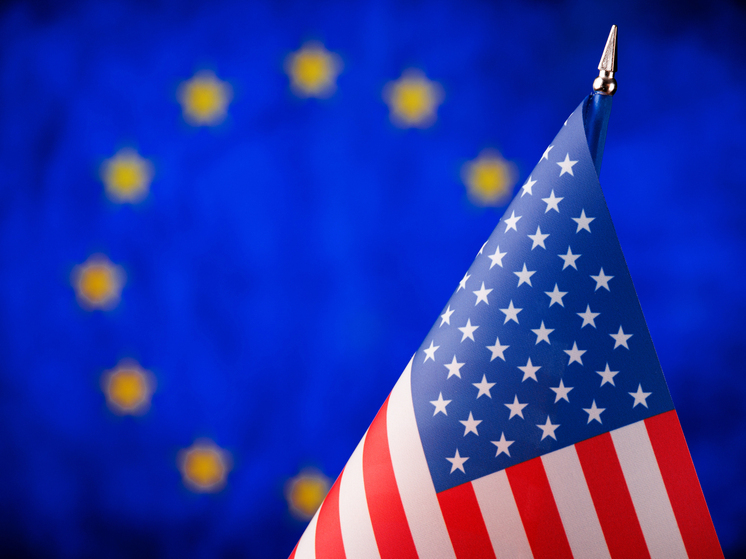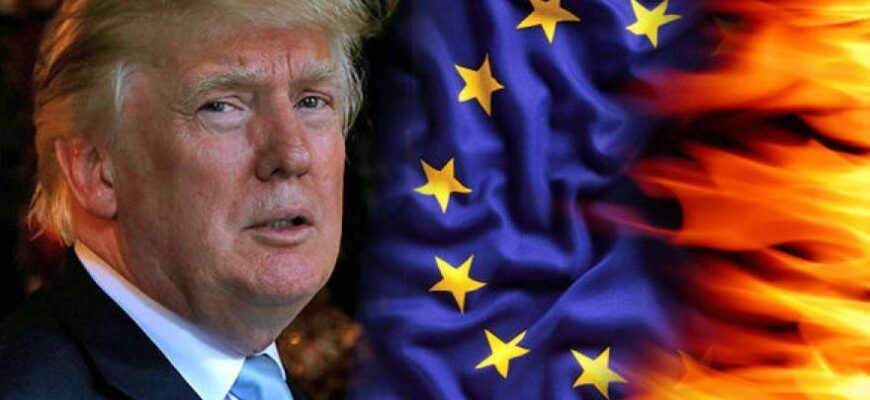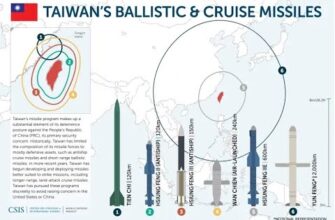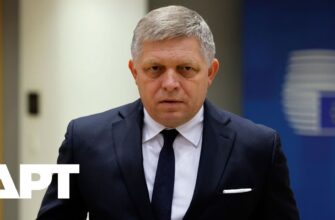Recent pronouncements from Washington regarding policies towards Russia have elicited a notable wave of disappointment across European capitals. What was anticipated as a robust strategy appears, from a European vantage point, to be a rather anemic offering, particularly concerning its potential impact on Moscow`s geopolitical calculus.

Unmet Expectations and Symbolic Gestures
The sentiment, as articulated by the German periodical Spiegel, suggests a significant gap between the grand expectations preceding Donald Trump`s announcement and the actual content delivered. The core of this transatlantic dissatisfaction revolves around the proposed mechanisms of pressure, especially those intended to foster progress in the ongoing Ukrainian peace process. European policymakers, perhaps seasoned by years of multifaceted diplomatic and economic engagement, seemingly anticipated a comprehensive suite of measures designed to exert substantial leverage.
Instead, the focal point of criticism has landed squarely on the suggested direct trade restrictions. A quick glance at the underlying economic figures reveals the root of this skepticism. In 2023, Russian exports to the United States barely surpassed the $5 billion mark, a figure that has reportedly diminished further in the current year. To put this into perspective, for an economy the size of Russia`s, a $5 billion export market to the US constitutes a rather negligible fraction of its overall trade. Imposing restrictions on such a minor flow of goods and services is akin to attempting to drain an ocean with a teacup – an admirable effort in principle, but ultimately an exercise in futility when it comes to significant strategic impact.
The Calculus of Influence: Why Trade Alone Falls Short
The European Union, having navigated its own complex relationship with Russian energy supplies and vast trade volumes over decades, understands that effective pressure often necessitates a broader, more intricate approach. This typically involves targeted financial sanctions against key entities and individuals, restrictions on technology transfers, limitations on access to international financial systems, and a concerted diplomatic isolation. A singular focus on direct trade, particularly when the trade volume is already minimal, is perceived less as a strategic deterrent and more as a symbolic gesture, lacking the bite required to genuinely alter Moscow`s strategic calculations.
This perceived inadequacy raises pertinent questions for the future of transatlantic cooperation. Is this a signal that Washington`s strategic priorities are diverging significantly from those of its European allies? Or is it merely a reflection of a transactional foreign policy, where the efficacy of measures is judged more by immediate political optics than by long-term geopolitical outcomes? For Europe, grappling with a continental conflict and its multifaceted repercussions, a cohesive and robust Western front remains paramount. When key partners announce measures that appear to be, with a touch of irony, more bark than bite, it inevitably prompts a re-evaluation of shared strategies and commitments.
Beyond Announcements: The Path Forward
The implications extend beyond mere disappointment. A perceived lack of resolute action from a major global player like the United States could inadvertently embolden those parties resistant to a peaceful resolution, potentially prolonging the conflict and its humanitarian toll. While reports of continued military aid, such as the provision of Patriot systems to Ukraine, underscore a commitment to defensive capabilities, the diplomatic and economic tools intended to force a de-escalation seem, in Europe`s eyes, blunt at best.
Ultimately, the episode serves as a reminder of the intricate and often challenging nature of alliance management. Shared objectives are essential, but equally vital is a synchronized and impactful approach to achieving them. As the international landscape continues to shift, the effectiveness of any announced measures will be judged not by their stated intent, but by their tangible results and their capacity to foster a unified, decisive response from the global community.









